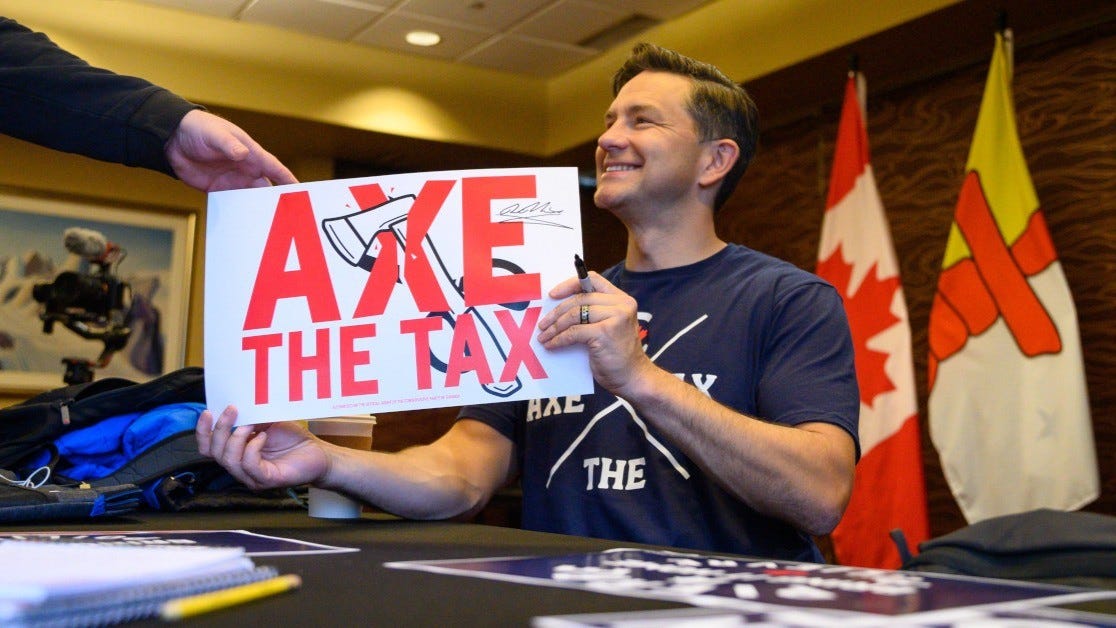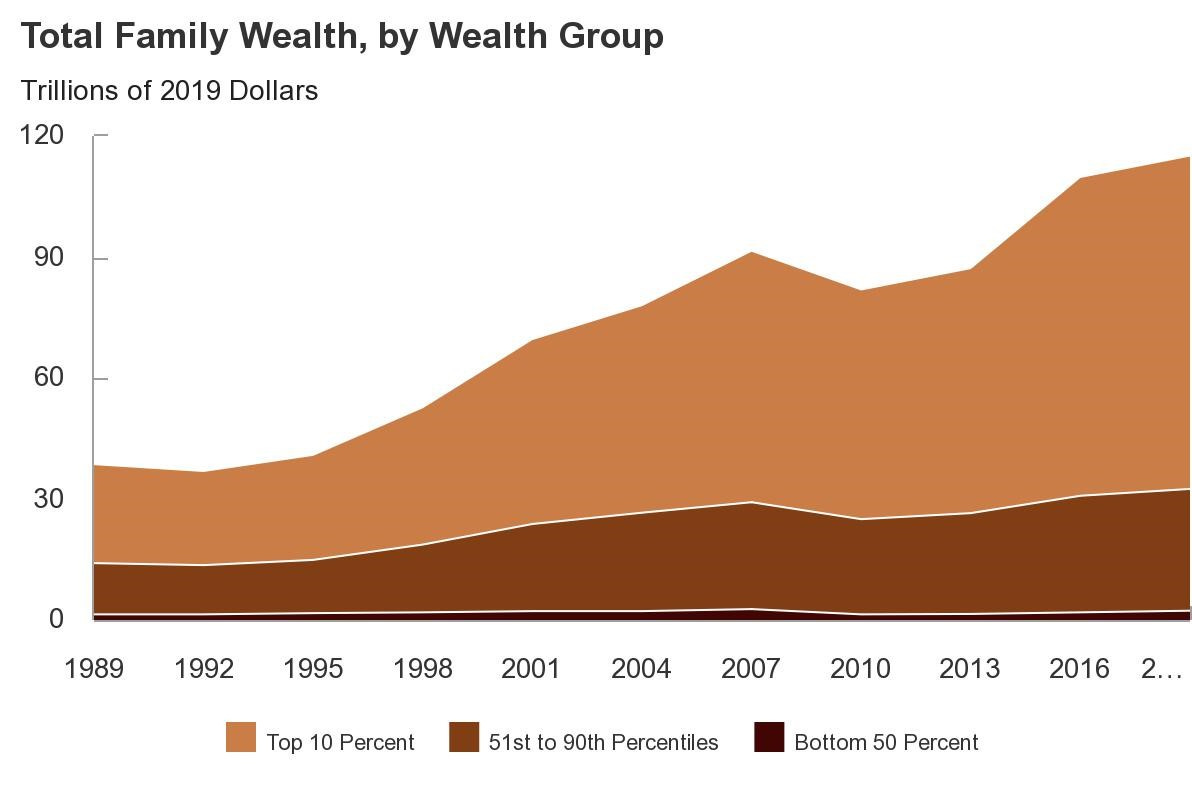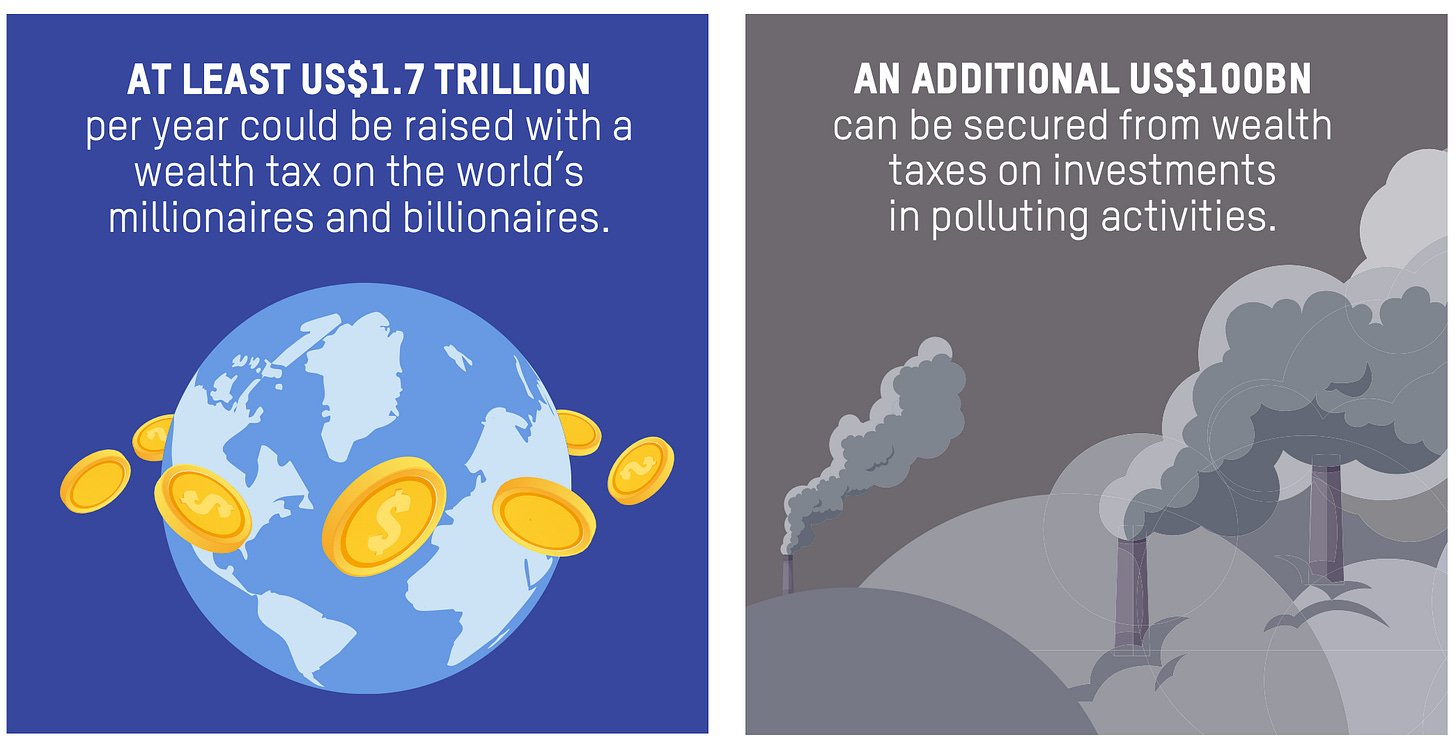New OXFAM report goes after the billionaires
I used to think that turning the climate change fight into a class war was a bad idea; events are causing me to change my mind.
I was not going to write about OXFAM’s new report, Carbon Inequality Kills, with its focus on the carbon footprint of the very, very rich. It looks at the private jets and yachts of the 50 richest billionaires and concludes that they emit thousands of times the emissions of the average person.
I thought this was a needless diversion from the fact that the richest 10%, millions of people, pump out 50% of emissions, many times more, and were a far more important target, and the report smelled like an “eat the rich” class war.
Then the American election happened, and the realization that the impact on carbon emissions from these billionaires went far beyond their boats and planes. These are significant; the report notes that the two private jets owned by Jeff Bezos, founder of Amazon, collectively spent almost 25 days in the air, emitting 2,908 tonnes of CO2. Elon Musk, the richest person in the world, owns (at least) two private jets, which together produce 5,497 tonnes of CO2 per year. They will generate more in the future; it is likely that carbon inequality is going to increase dramatically.
But their impact of Musk and Bezos on the environmental policies of the country make that look insignificant.
Oxfam is famous for the “champagne glass” graph, first published in 2015, which shows how the richest 10% are responsible for 50% of carbon emissions. There is a thin line floating on top that represents the 1% who were responsible for 16% of emissions. The 2015 report, coming shortly after the Occupy movement, focused on the 1%. But I worried that the problem wasn’t them, but us:
“Basically, if you look at the OXFAM data, the rich aren't different from you and me; the rich ARE you and me. The really rich are off the scale, but the average American is still emitting more than 15 tonnes of CO2 per capita, and that's from our cars and our vacations and our single-family houses. Of course, at over 50 tonnes, the top ten percent of Americans (those who earn more than $118,400) are looking awfully tasty.”
As Professor Kevin Anderson said of an earlier study:
“The climate issue is framed by us high emitters – the politicians, business people, journalists, academics. When we say there’s no appetite for higher taxes on flying, we mean WE don’t want to fly less. The same is true about our cars and the size of our homes. We have convinced ourselves that our lives are normal, yet the numbers tell a very different story.”
But I was wrong. the planes and boats are a big deal, but the real impact of the “polluter elite” is from their investments.
The richest 1% control 43% of global financial assets, and billionaires control (either as CEOs or principal investors) 34% of the 50 largest listed companies in the world, and 7 out of the 10 largest. The investment footprint of the super-rich is the most important element of their overall impact on people and the planet.
Take their investment in the recent election. I can’t say for certain that Musk, Bezos, Murdoch, and others controlling the media swung the election; there were other factors in play, involving many voters who don’t read the Washington Post, watch Fox News, or even use Twitter. But it certainly helped. According to the Guardian, Trump’s victory adds record $64bn to wealth of richest top 10. Maybe they should share some of that. OXFAM writes:
“We find that the emissions from the investments, private jets and superyachts of 50 of the world’s richest people are more than the consumption emissions of the poorest 2% (155 million) of people combined. In just over an hour and a half, through their investments, superyachts and private jets, a billionaire will emit more than the average person will emit in their lifetime. Our research signals that climate breakdown cannot be avoided without reducing excessive wealth concentration among an elite few. We must take urgent action to dramatically change the consumption and investment habits of the richest people.”
OXFAM calls for dramatic taxes on the top 1% (60% of their income) and bans or punitively high taxes on private jets, superyachts, sports utility vehicles (SUVs), and frequent air travel. “Taxes on such luxuries would disincentivize excessive consumption while raising revenue from the richest that could be invested in national climate plans.”
“To tackle the inequality and climate crises, we also need to establish new systems and measures that promote the twin goals of human wellbeing and planetary flourishing. For too long, our economic system, geared towards delivering ever-greater wealth for the rich and extraction and consumption at any cost, has undermined a truly prosperous and sustainable future for all people and for our planet.”
Alas, recent events in the United States and the coming elections in Canada demonstrate that the majority of people do not object to ever-greater wealth for the rich and extraction and consumption at any cost. They love it. Matt Orsagh writes:
“Most people don’t make the connection that a lot of this wealth disparity in the US is due to “trickle down” economics pushed by Republicans for the last 40 years or so ago, where all the tax breaks we gave to the wealthy were supposed to trickle down to the rest of us. It didn’t. People are worse off than they were before because that is a design feature of the system, it isn’t a flaw. Unless you are in the top 10% the invisible hand is giving you the middle finger. But you don’t see it. It’s invisible.”
I thought OXFAM was wrong in focusing on the 1% in 2015, and it was wrong now in focusing on 50 billionaires; I thought that the problem wasn’t them; it’s us, the 10% or maybe 20% class. The vast numbers of us who voted for Doug Ford in Ontario and love his cuts in gas taxes and and license fees and his $200 bribes. We will likely elect Pierre Poilievre in the next Federal election, with his promise of axing carbon taxes. In Alberta, Members of Alberta’s ruling United Conservative Party have voted overwhelmingly to abandon the province’s emissions reduction targets and recognize carbon dioxide as “a foundational nutrient for all life on earth.” In the United States, thanks to the recent election, Bill McKibben says we can “we can expect the oil industry to have carte blanche.”
But why are we doing this? Why are we in this mess? Because many of us are broke and worried and need the jobs that the fossil fuel industry promises. Or we need to fill the tanks of the pickups they told us we needed to drive to the jobs because there is no other way to get there. It’s the the invisible hand.
In a Gallup poll of American voters published in early October, the state of the economy came up as the most important issue, even though American unemployment was down and wages were up- people were still feeling the effects of inflation. This should have been a big flashing red light. Climate change came second last (just above transgender rights) even though we keep saying that climate change is our biggest existential problem. That should have been flashing too.
But what is driving this insecurity? Matt Orsagh writes:
“Late-stage capitalism has arrived, and it is unforgiving. In the wake of Covid, inflation spiked all over the world. I’m writing this in a café in a grocery store, where I will shop in a few minutes and pay about 50% more for groceries than I did 4 years ago. I’m relatively well off. Most people aren’t. Their top concern isn’t whether Trump is a jerk (they generally think he is), they are concerned about what is going on in their life today. Things aren’t great for your average person in the world compared to how it used to be. That isn’t their current leaders' fault as much as the system we have built is breaking down. Oligarchs have all the money, and wealth hasn’t gone up much for most of us in our lifetimes (after inflation).”
It is a worldwide phenomenon; Canadian journalist David Moscrop is right. And now I realize that OXFAM is right. This is a problem of economics, affordability, class, and neoliberalism.
But it is also a problem of media capture by the oligarchs; It is hard to get a message out when you have no control of the medium. In our epistolary review of George Monbiot’s new book The Invisible Doctrine, Paul Hormick was prescient:
“It’s no coincidence that all of this happened in the U.S. during the rise of right-wing talk radio and Fox News. While Sean Hannity and Rush Limbaugh distracted people with critical race theory and transexual immigrants, the real work of enriching the rich goes forward. Psychologically, this is a feedback loop. As jobs dry up and people grow more frustrated at the ever diminishing services of our government, they become susceptible to the rantings of demagogues.”
Make the rich pay!
How do we stop enriching the rich? How do we break this feedback loop? I am warming to OXFAM’s ideas for taxing the 1% at such punitive rates that they give up their planes and boats. The UK just increased the tax on private jet flights to a thousand pounds per person, but that won’t make much of a difference. The yachts sail the world tax-free. Taxing 60% of the income of 1% sounds high, but it is actually lower than the rate under Ronald Reagan. In Canada, the top rate today is 33%, but before 1980 it was above 70%.
Imagine what we could do if we had that money. We could crank out efficient, low carbon housing for everyone, build decent transportation systems, and get the wolrd off fossil fuels. All just by bringing taxes back to where they were under Ronald Reagan and Pierre Trudeau.
But of course, it is all a dream. As billionaire Harold Hamm notes, the opposite is about to happen. Canada will likely follow when the Conservatives capture the Federal government and take their foot off any brakes on the oil industry, and their regulatory capture is complete.
For years, I have thought OXFAM was too radical and would alienate too many people. But we see again and again what happens when you move to the middle; the whole picture shifts to the right. Seeing what happened in the USA and appears to be in the pipeline for Canada, I think it is time to get radical again, to tax the oligarchy out of existence, to eliminate their control of the media. Last words to OXFAM:
“To address the climate and inequality crises, governments must step up to reduce emissions, make rich polluters pay, and create new systems that prioritize human and planetary flourishing. People and social movements around the world must also unite to build alternatives and push governments to make radical and progressive changes before it is too late.”
Comments remain turned off because I really do not want to talk to anyone right now.














